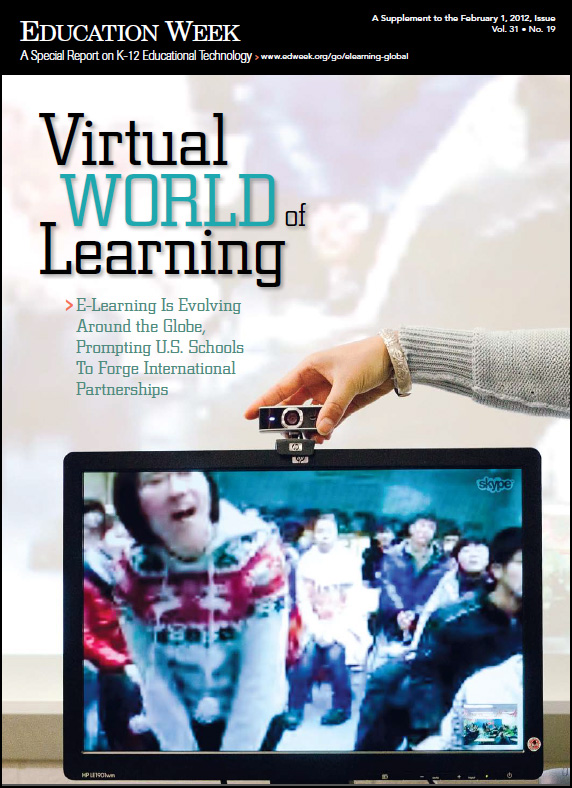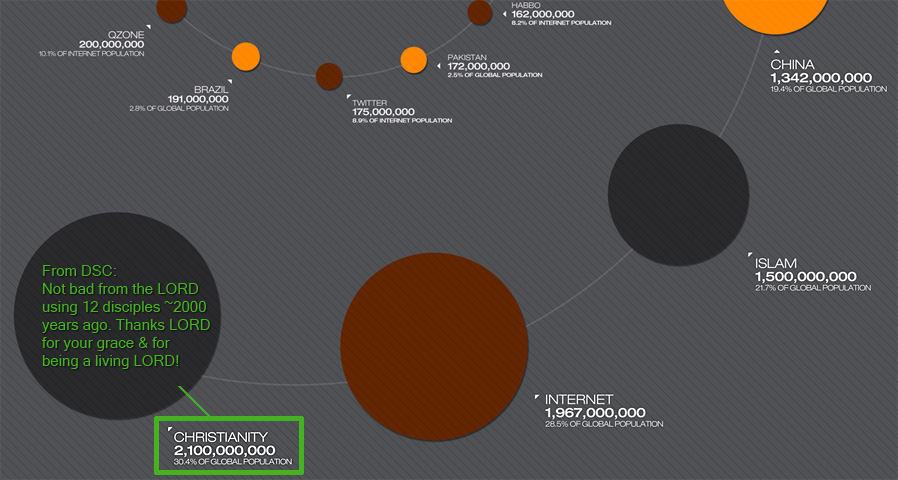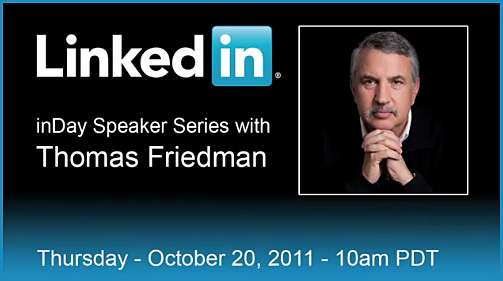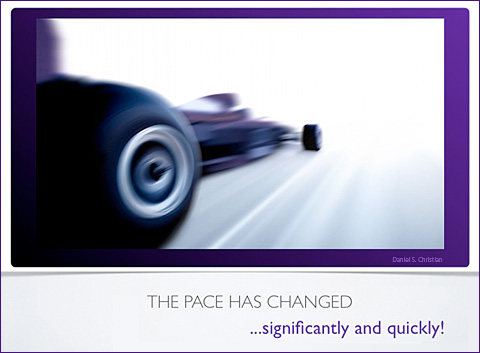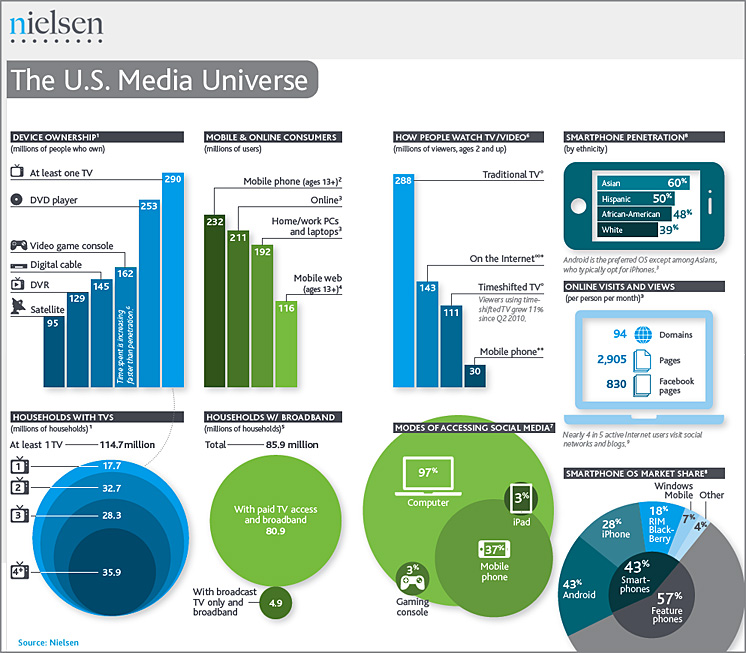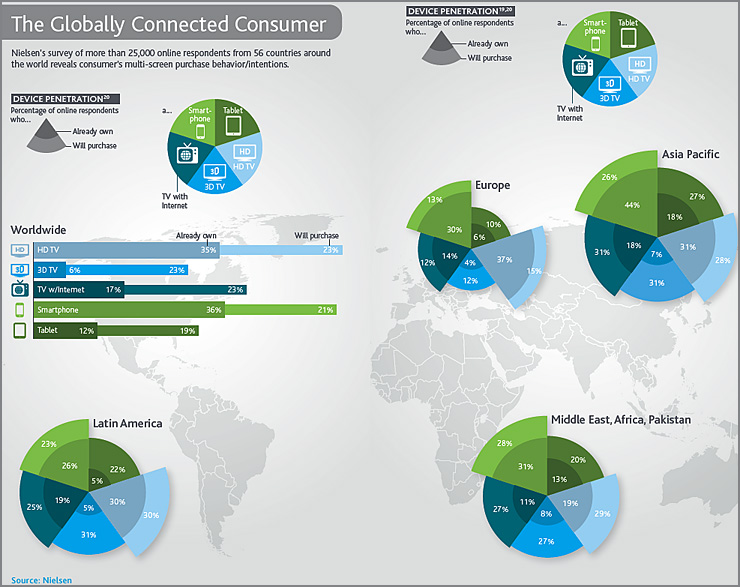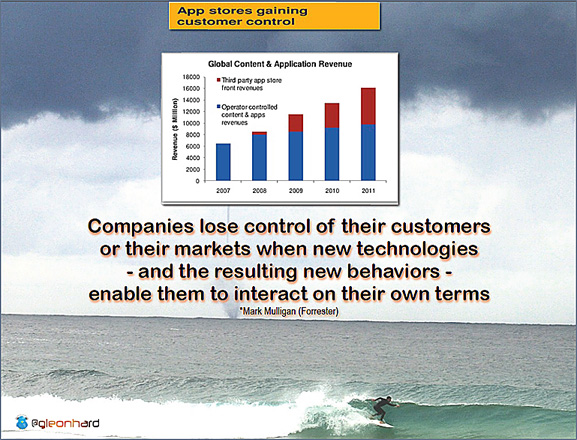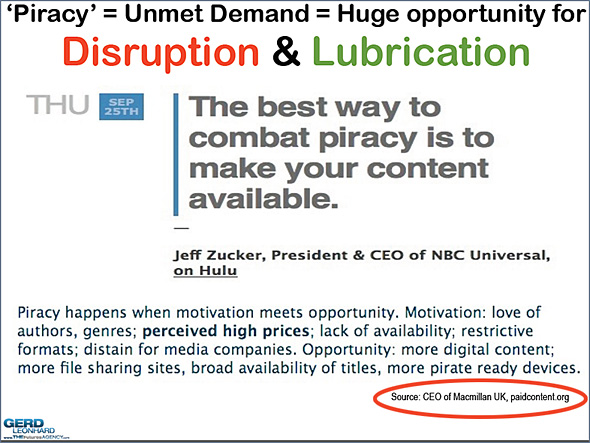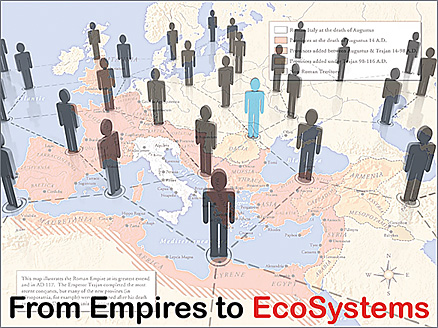“For the word of the LORD is right and true; he is faithful in all he does. The LORD loves righteousness and justice; the earth is full of his unfailing love.”
Apple’s greatness, and its shame — from Harvard Business Review by Andrew Winston
Excerpts:
Is there such a thing as too much profit? A disciple of Milton Friedman would say “never.” The idea that companies should only maximize shareholder value has had a stranglehold on the business world for decades. It’s time to rethink this assumption.
…
Our system of competition yields amazing results — incredible technological innovation provided in massive quantities very quickly. But these marvels often rely on very real human costs. The whole system has some deep flaws that we must fix.
Apple prides itself on changing the game. So just imagine a world where the company applied its staggering innovation and design skills to create the iSupplyChain or iWorkingConditions. Everyone, including this fan of Apple products, would be a lot iHappier.
From DSC:
Readers of this blog already know that I’m a big fan of Apple’s products and Apple’s ability to reinvent itself, think big, and change the world.
But when Steve Jobs quickly answered Barack Obama (when the President asked what would it take for Americans to produce the iPhones, etc.) that “those jobs aren’t coming back“, his answer caused me to reflect on several questions:
- What is the ultimate purpose of a business?
- Does it exist solely to serve Wall Street and investors or does it exist to serve Main Street?
- Can there be a bit of both?
- How do local economies thrive when globalization continues to roll out?
10 findings that will shape students today for the workforce tomorrow — from GettingSmart.com by Dr. Tracey Wilen-Daugenti
Excerpt:
“Tomorrow’s Evolving Workplace” is from the upcoming book Society 3.0: How Technology Is Reshaping Education, Work, and Society, by Dr. Tracey Wilen-Daugenti (Lang, January 2012).
In the worst economy since the Great Depression, Californians are struggling to earn a living, get an education, and raise a family. How will we adapt to learn, work, and connect in the future? A new book with findings from Apollo Research Institute describes how businesses and workers will compete for jobs and opportunities in a global, technology-driven marketplace.
Below are just some of the findings…
From Acts 5:33-39
33 When they heard this, they were furious and wanted to put them to death. 34 But a Pharisee named Gamaliel, a teacher of the law, who was honored by all the people, stood up in the Sanhedrin and ordered that the men be put outside for a little while. 35 Then he addressed the Sanhedrin: “Men of Israel, consider carefully what you intend to do to these men. 36 Some time ago Theudas appeared, claiming to be somebody, and about four hundred men rallied to him. He was killed, all his followers were dispersed, and it all came to nothing. 37 After him, Judas the Galilean appeared in the days of the census and led a band of people in revolt. He too was killed, and all his followers were scattered. 38 Therefore, in the present case I advise you: Leave these men alone! Let them go! For if their purpose or activity is of human origin, it will fail. 39 But if it is from God, you will not be able to stop these men; you will only find yourselves fighting against God.”
.
From DSC:
The above image was taken/edited from the infographic below:
A reflection on “Making Holes in Our Heart” from The Technium:
Excerpt — that is also quoted in that piece:
There is a hole in my heart dug deep by advertising and envy and a desire to see a thing that is new and different and beautiful. A place within me that is empty, and that I want to fill it up. The hole makes me think electronics can help. And of course, they can.
They make the world easier and more enjoyable. They boost productivity and provide entertainment and information and sometimes even status. At least for a while. At least until they are obsolete. At least until they are garbage.
Electronics are our talismans that ward off the spiritual vacuum of modernity; gilt in Gorilla Glass and cadmium. And in them we find entertainment in lieu of happiness, and exchanges in lieu of actual connections.
From DSC:
Readers of this blog know that I lean towards a pro-technology stance! 🙂 However, I also realize there are limits to what technology brings to the table. Though the author goes onto comment about his being ok w/ holes in our heart, I think he misses the greatest void in the human heart that only the LORD can fill — not technology and/or other things that humankind may create. I’m not saying that I’ve always known what that feels like to have the LORD fill that hole in my heart, but I continue my journey in my relationship with Him, pressing on…sometimes feeling His presence…hearing Him speak to me at different times and in different ways…all the while hoping that I will know that feeling intimately and consistently. But ultimately, all of this technology — when compared to knowing Christ – IS garbage.
The Apostle Paul puts it this way in Philippians 3:8 (NIV):
8 What is more, I consider everything a loss because of the surpassing worth of knowing Christ Jesus my Lord, for whose sake I have lost all things. I consider them garbage, that I may gain Christ

Matthew 2:4-6 — from Bible Gateway’s Verse of the Day
Pingtan Experimental Development Zone — from nextbigfuture.com
.Excerpt:
China is expecting to spend US$4.6 billion in infrastructure in 2011 alone for the Pingtan Comprehensive Experimental Zone, US$15.4 million a day on average, and in the next three years more than US$15 billion, reaching US$38.5 billion by 2015. China is building a gigantic special economic zone on a cluster of islands on the other side of the Taiwan Strait some 150 km from the port city of Taichung, for the sole purpose of enhancing cross-straits industrial cooperation.
International architectural firm 10 Design has recently won the opportunity to master plan a 93-hectare (230-acre) waterfront central business district as part of a new development for Pingtan in China. Pingtan, being the closest Chinese island to Taiwan, is to be transformed into a new commercial hub in an effort to attract trade between the two sides of the Straits.
West Michigan colleges among top institutions nationally with most students studying abroad — from The Grand Rapids Press by Monica Scott









